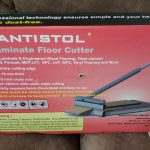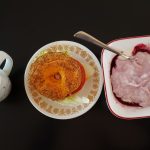I ordered a siding cutter from Amazon a couple of days ago for less than $200.
But that’s not what this entry is about.
Made in China. How come they didn’t get somebody to check their English before making 600,000 boxes?
The National Plagiarist Society members would be proud.

